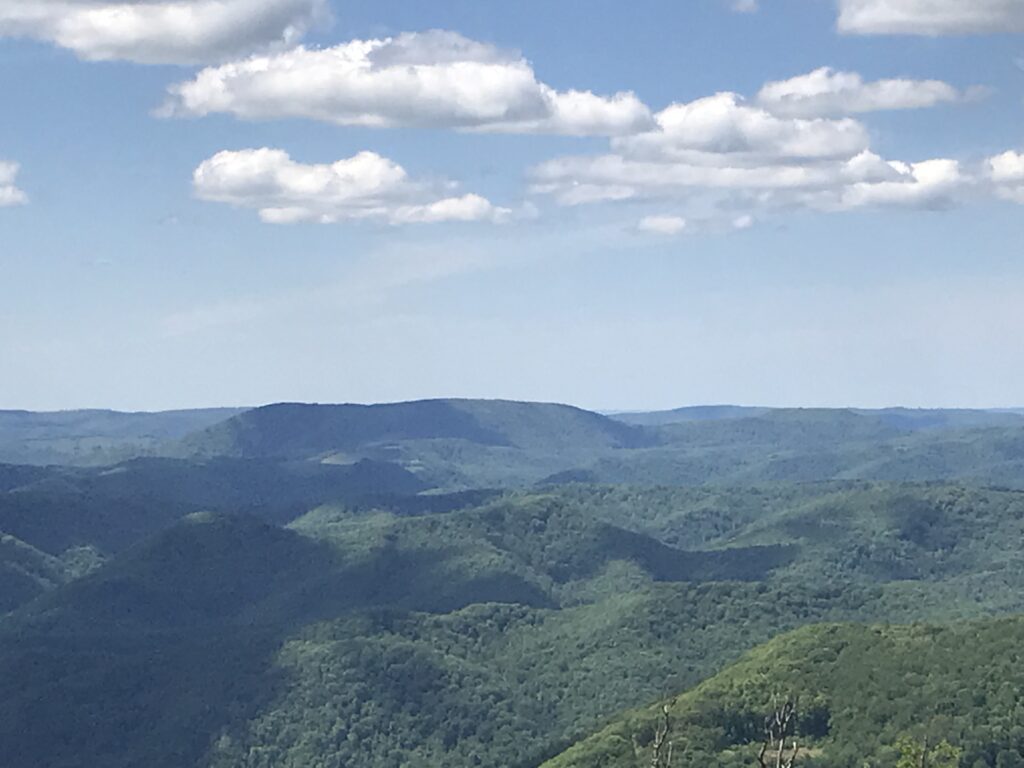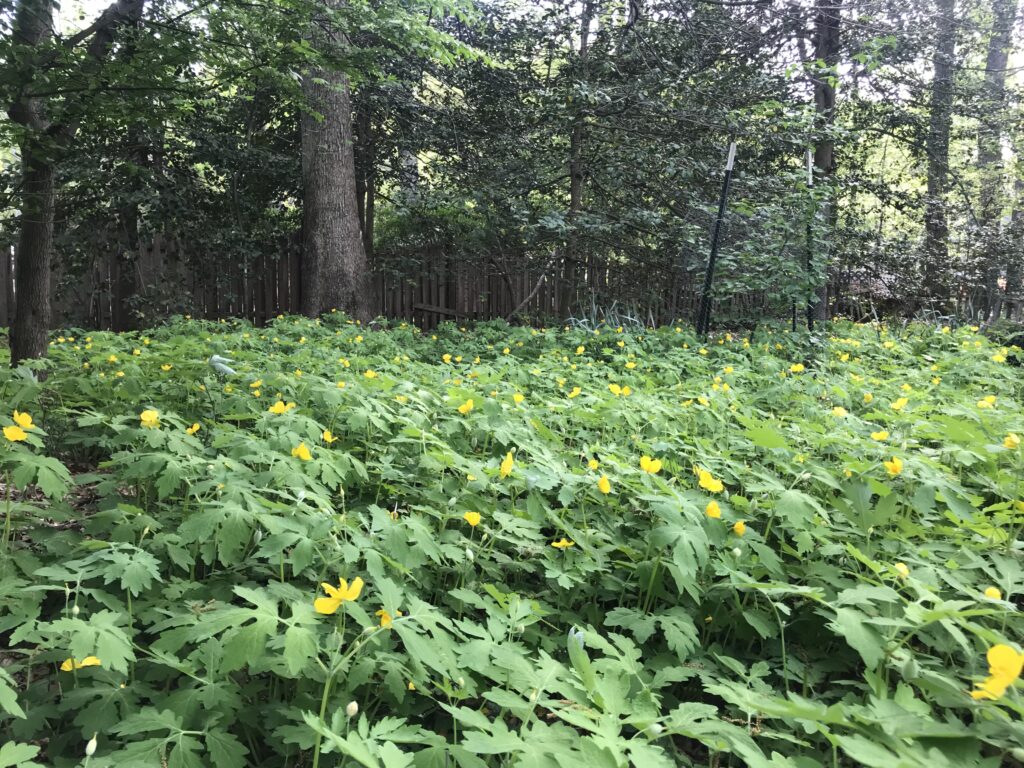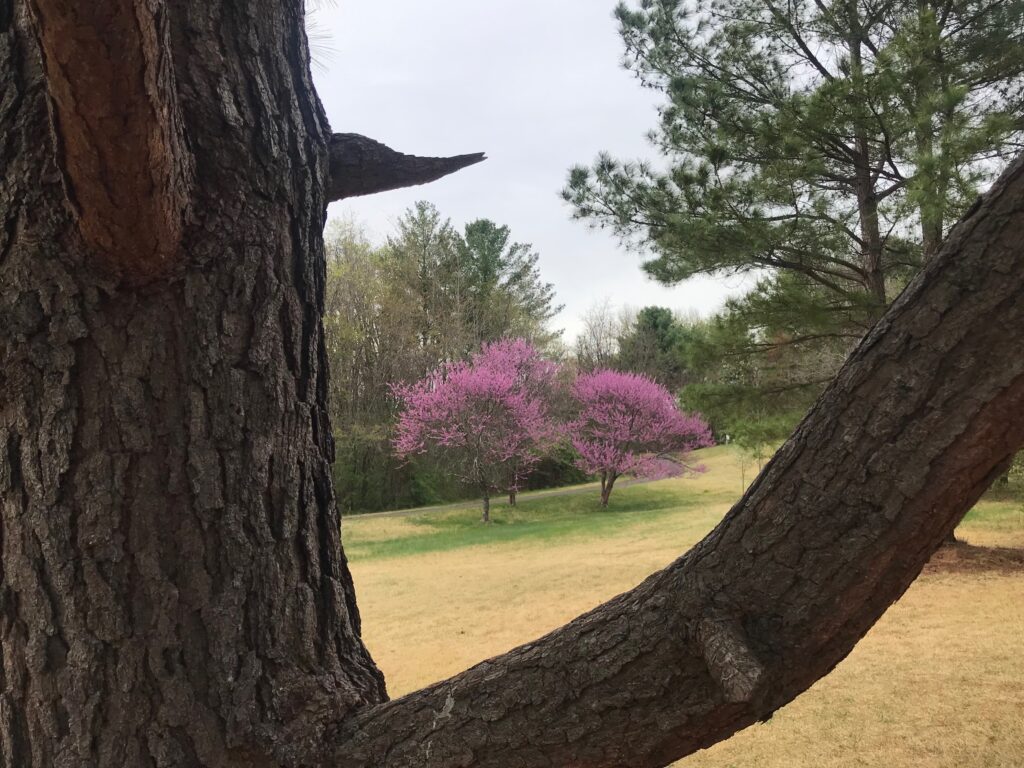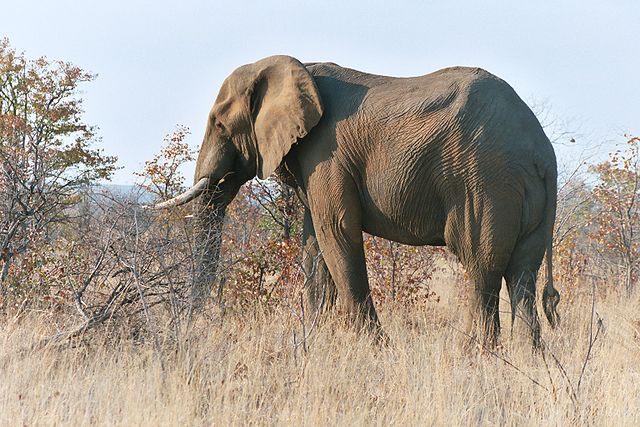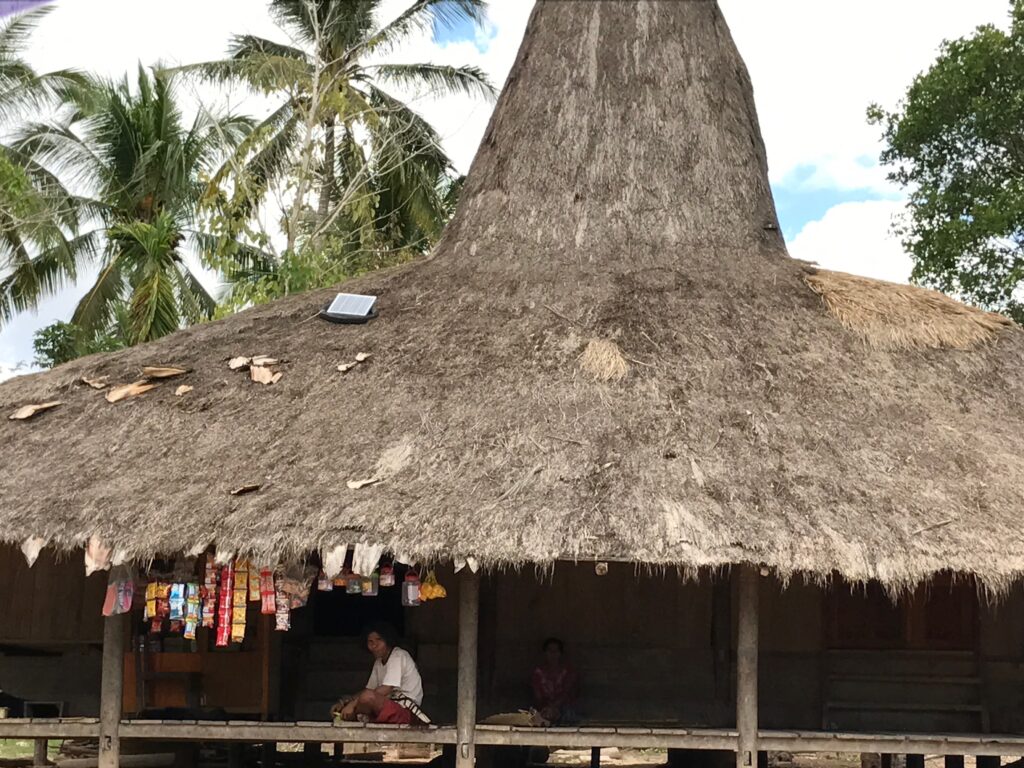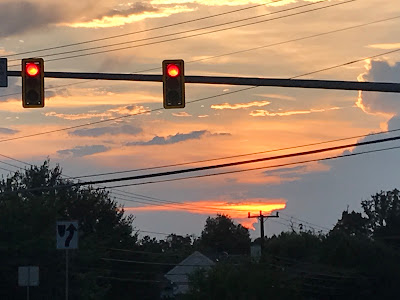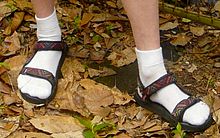Paper and Tissues
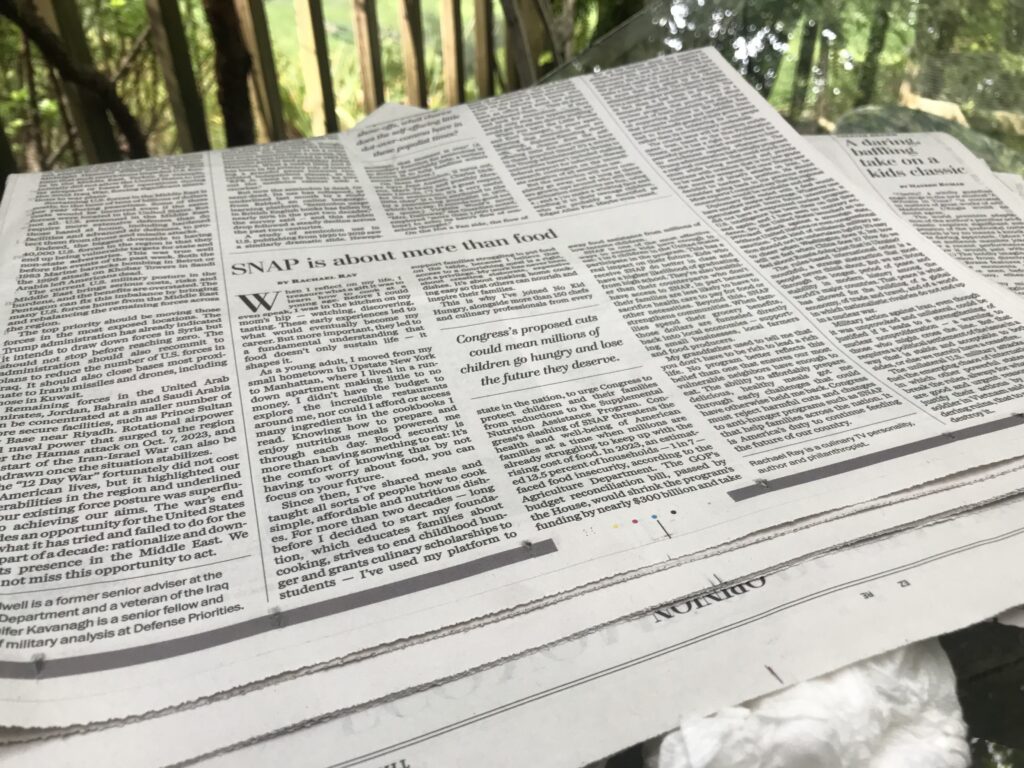
I still read an actual newspaper, hard-copy person that I am. And I always have tissues on hand, usually a wad of them stuffed in my purse. But I don’t always associate the newspaper with the tissues. Today I did, though.
I needed the tissues as I read about Christmas in June for a 9-year-old cancer patient who may not live until December.
And I needed them again when I read about two Idaho firefighters killed by a sniper. Who ambushes firefighters?!
These stories as well as the usual barrage: bombings, famine, ICE raids.
I’m wary of the newspaper these days. I ignore many articles and balance my reading by listening to podcasts. But sometimes the accumulated heartlessness of the world, which the newspaper so faithfully records, makes Kleenex a necessity.
Two forms of paper, neither sanctioned. I have both; I believe in both. Sometimes I wish I didn’t.
